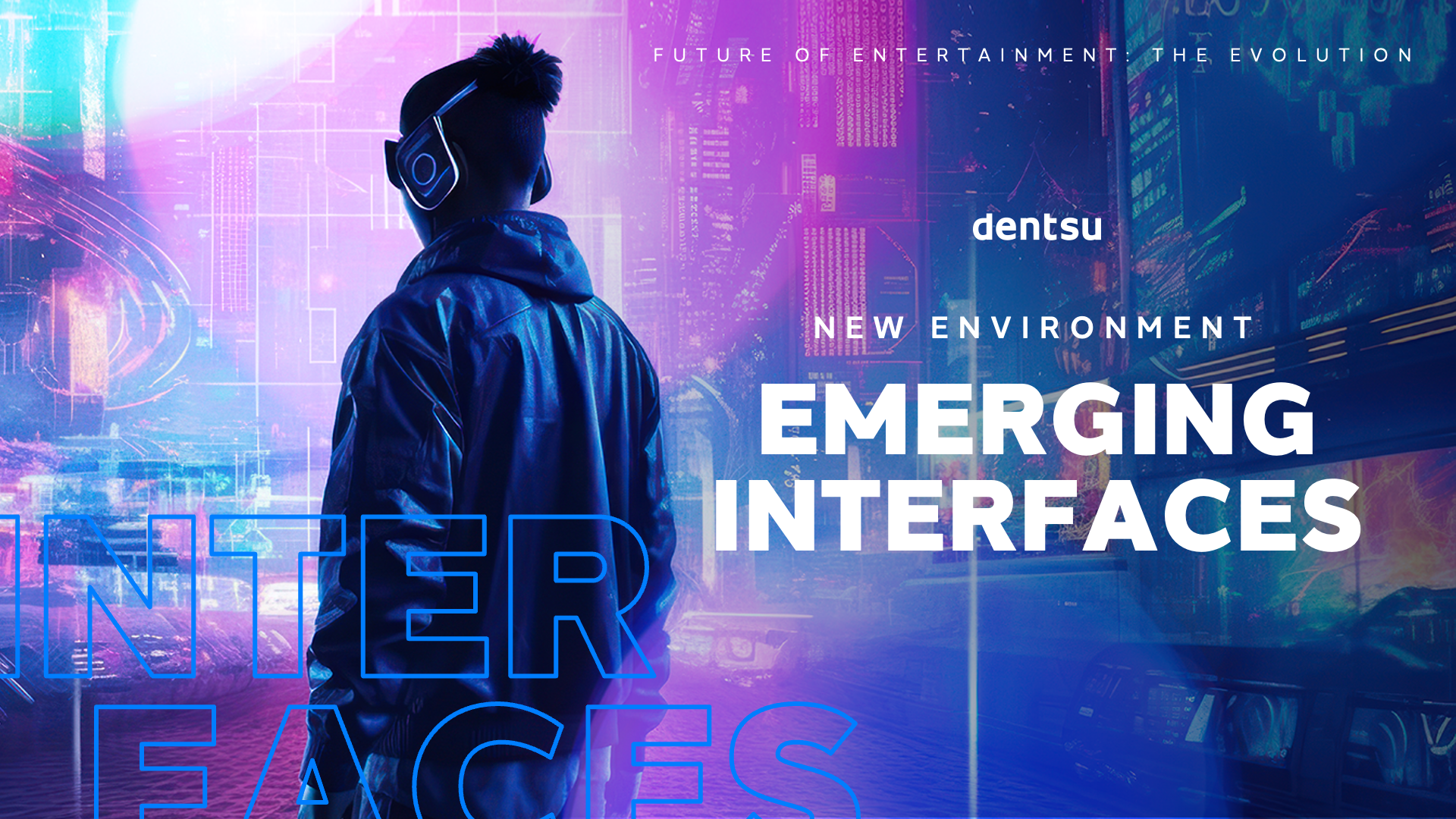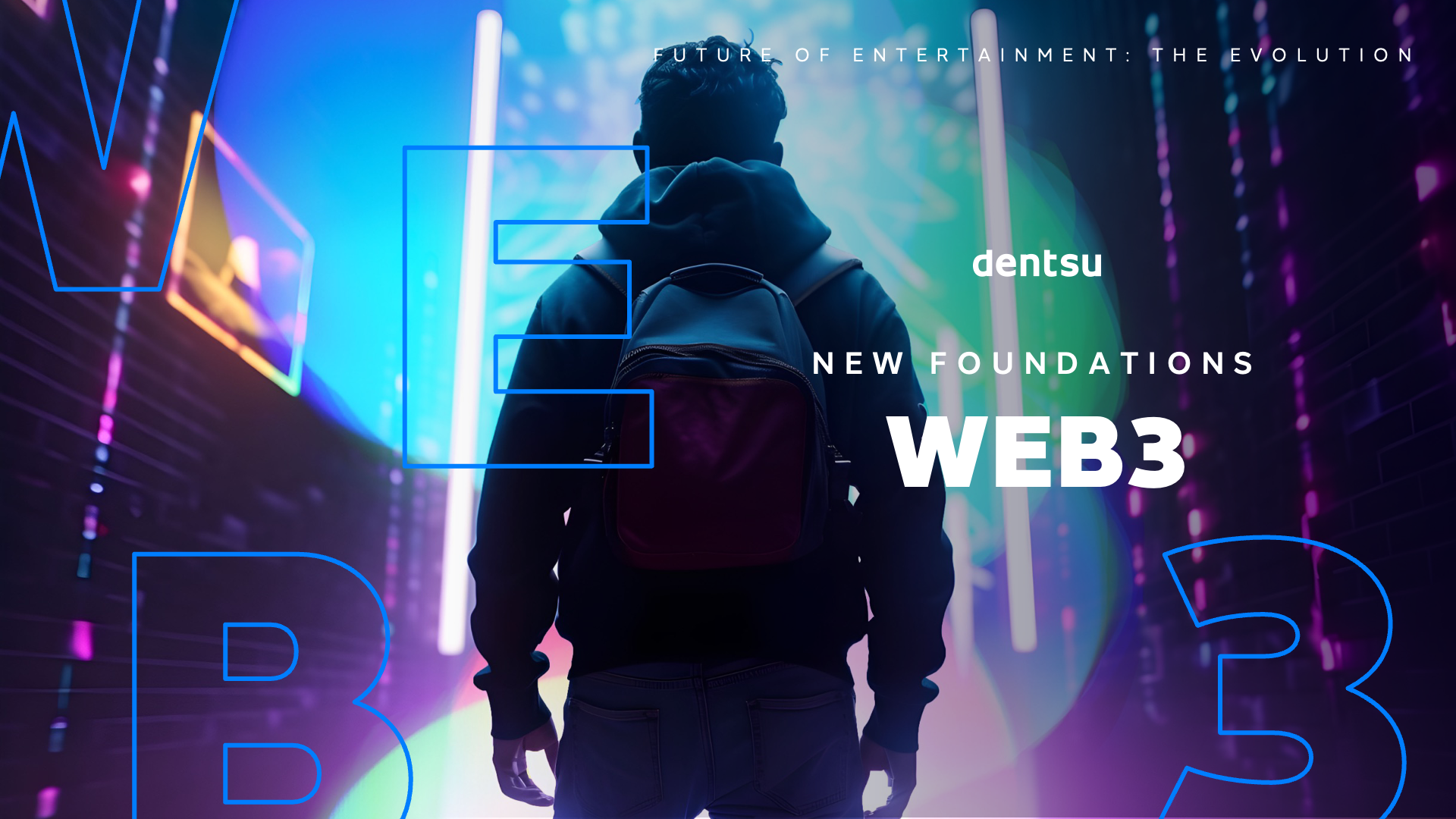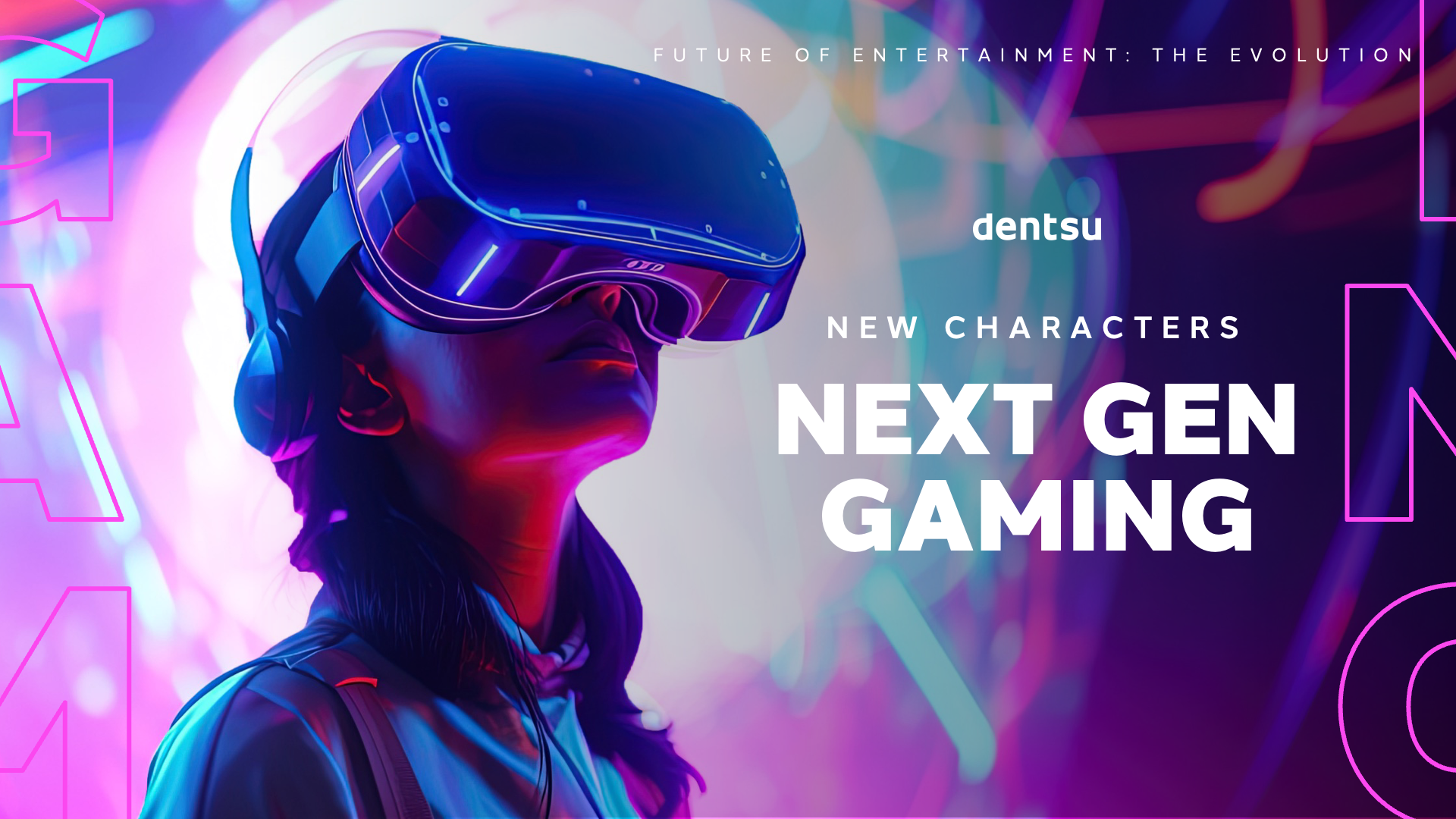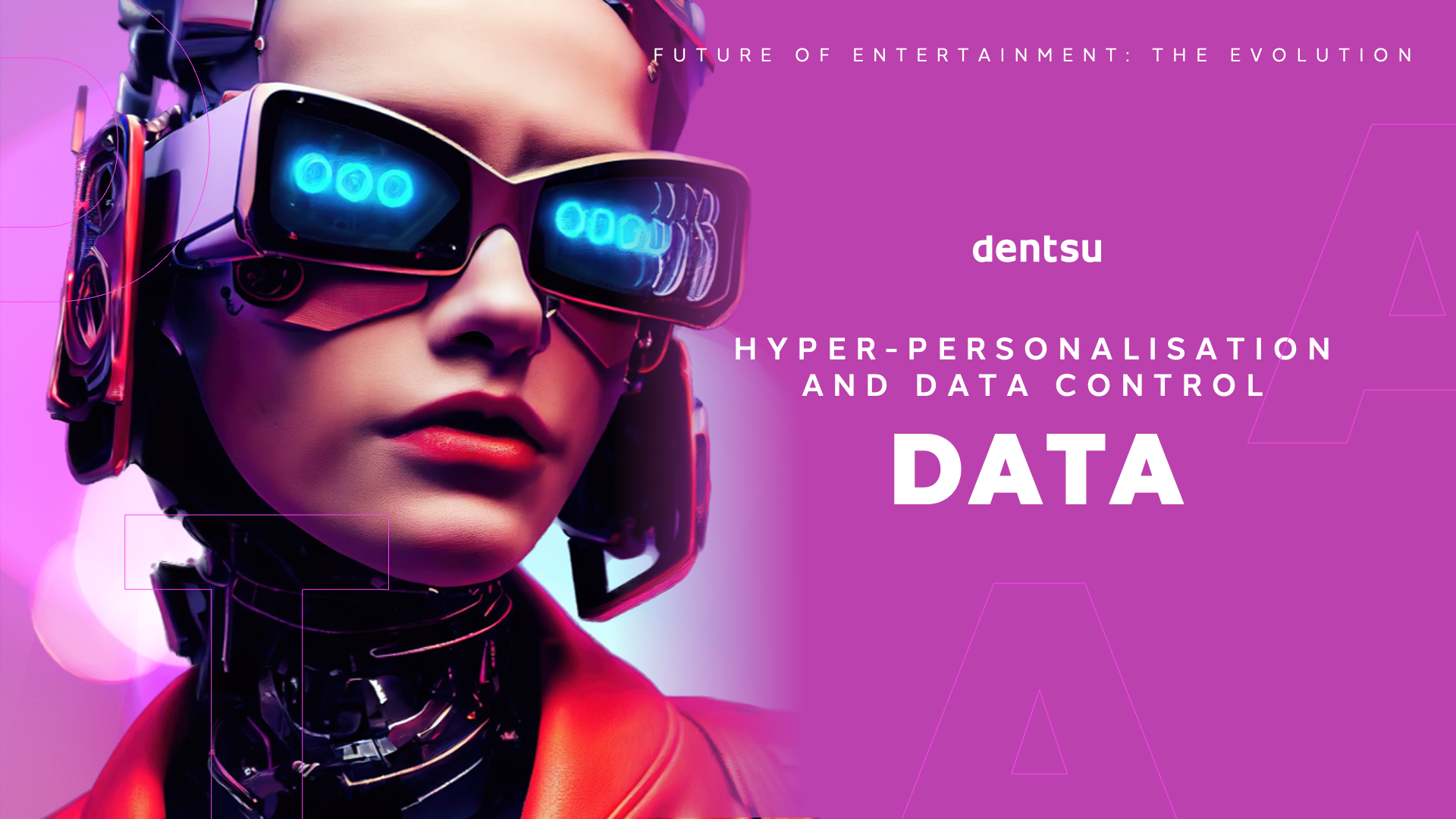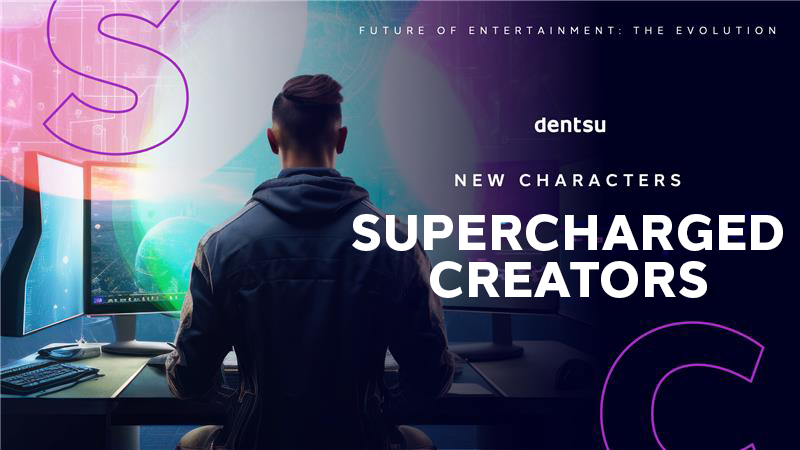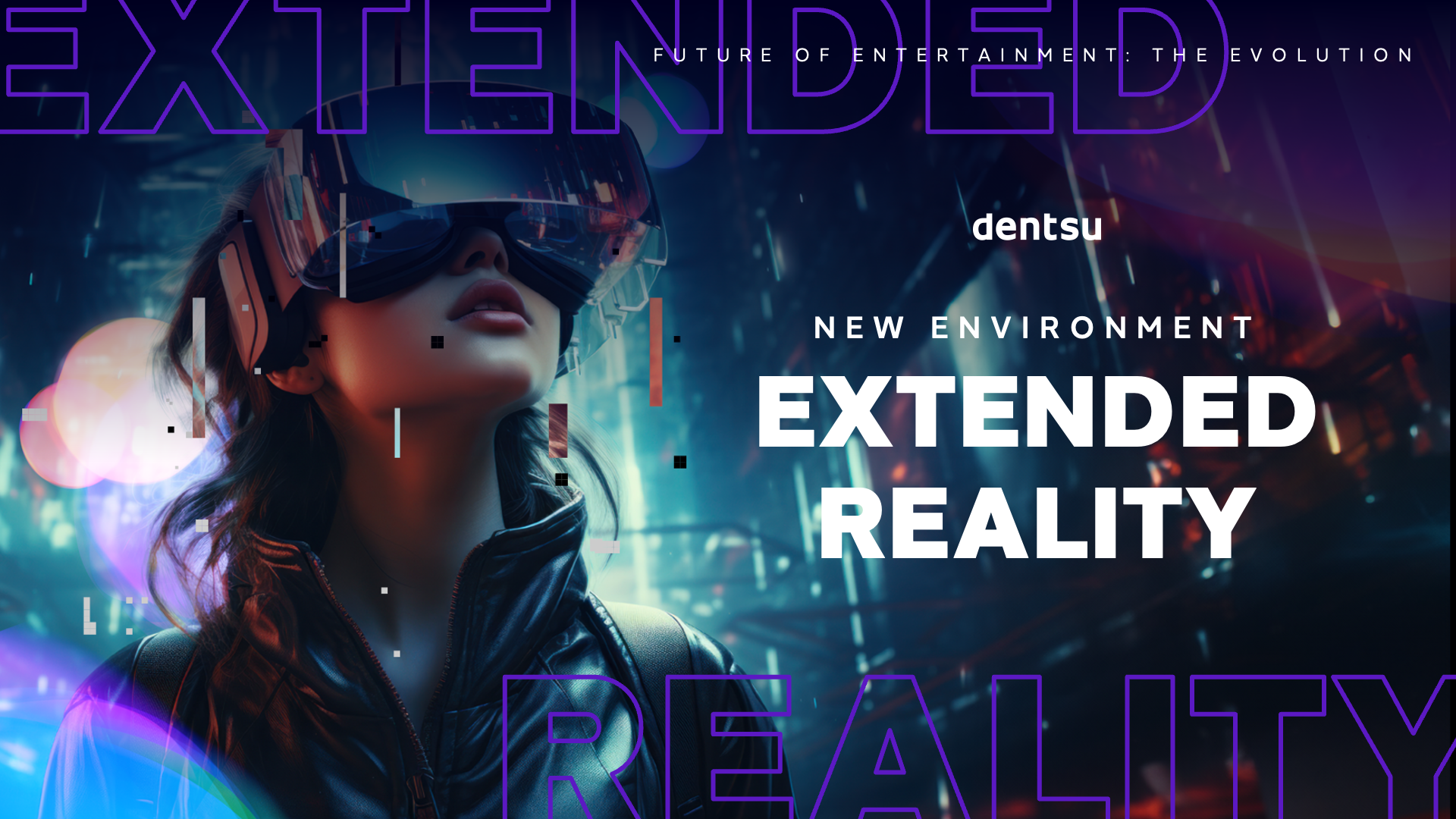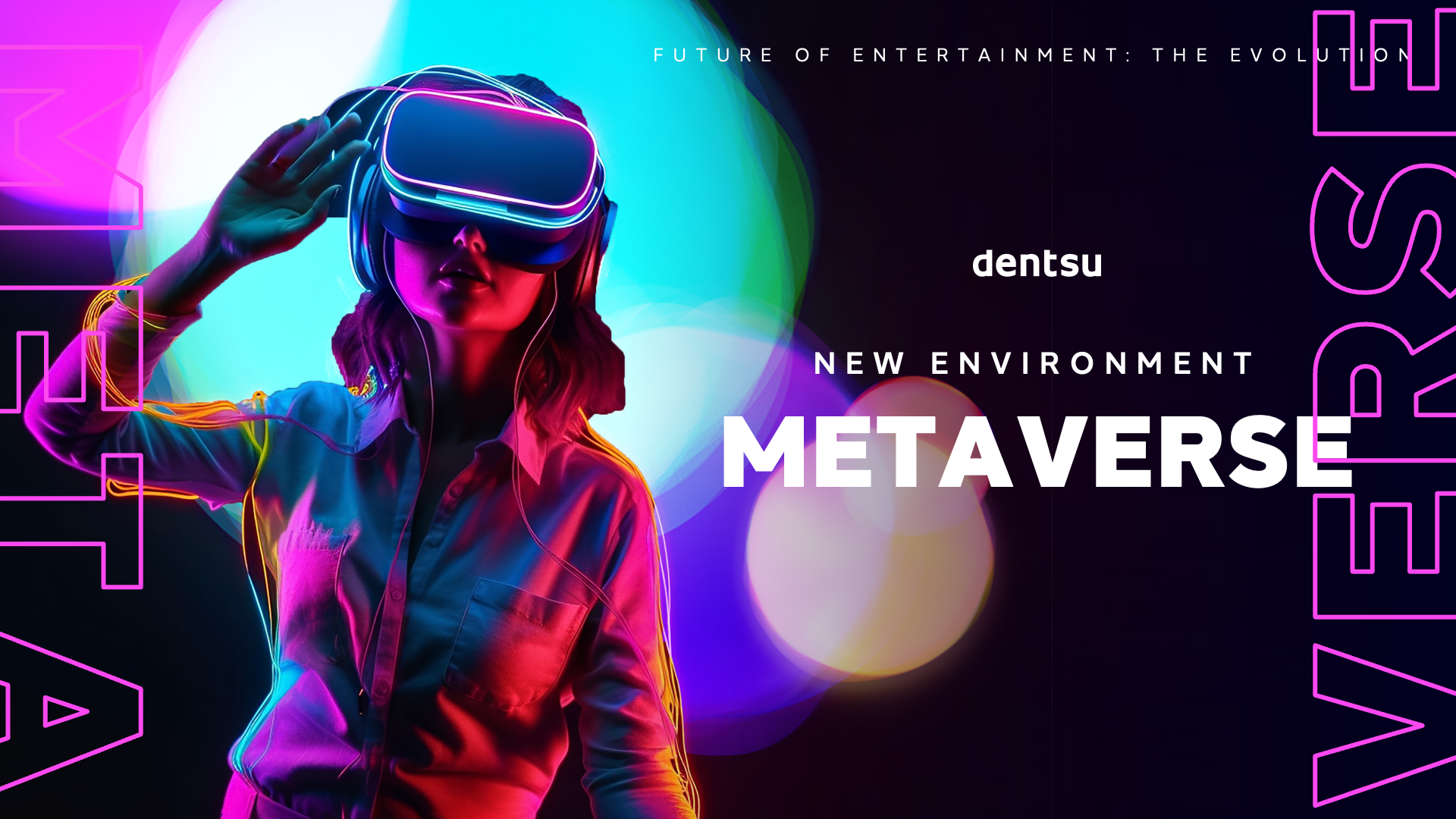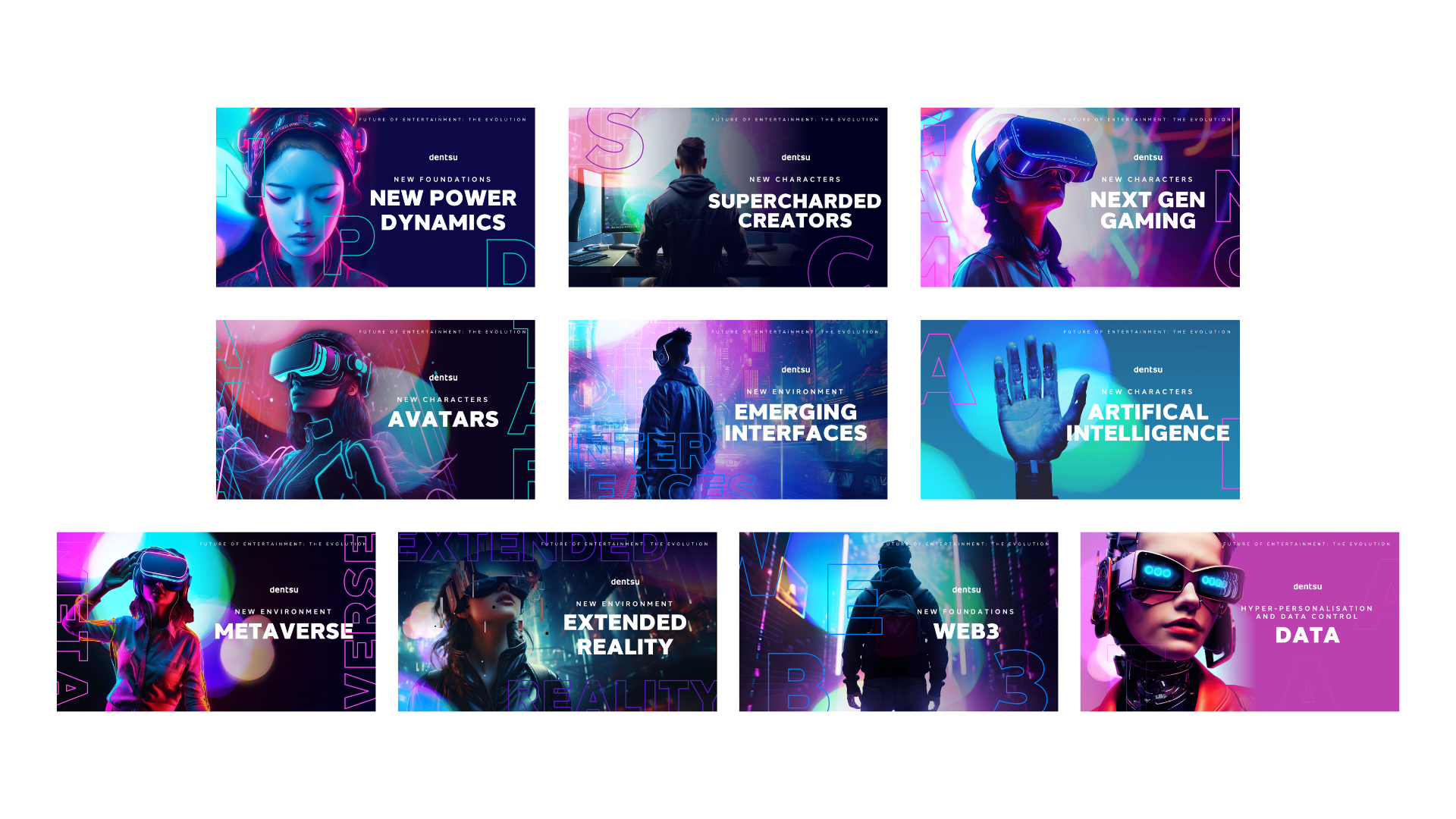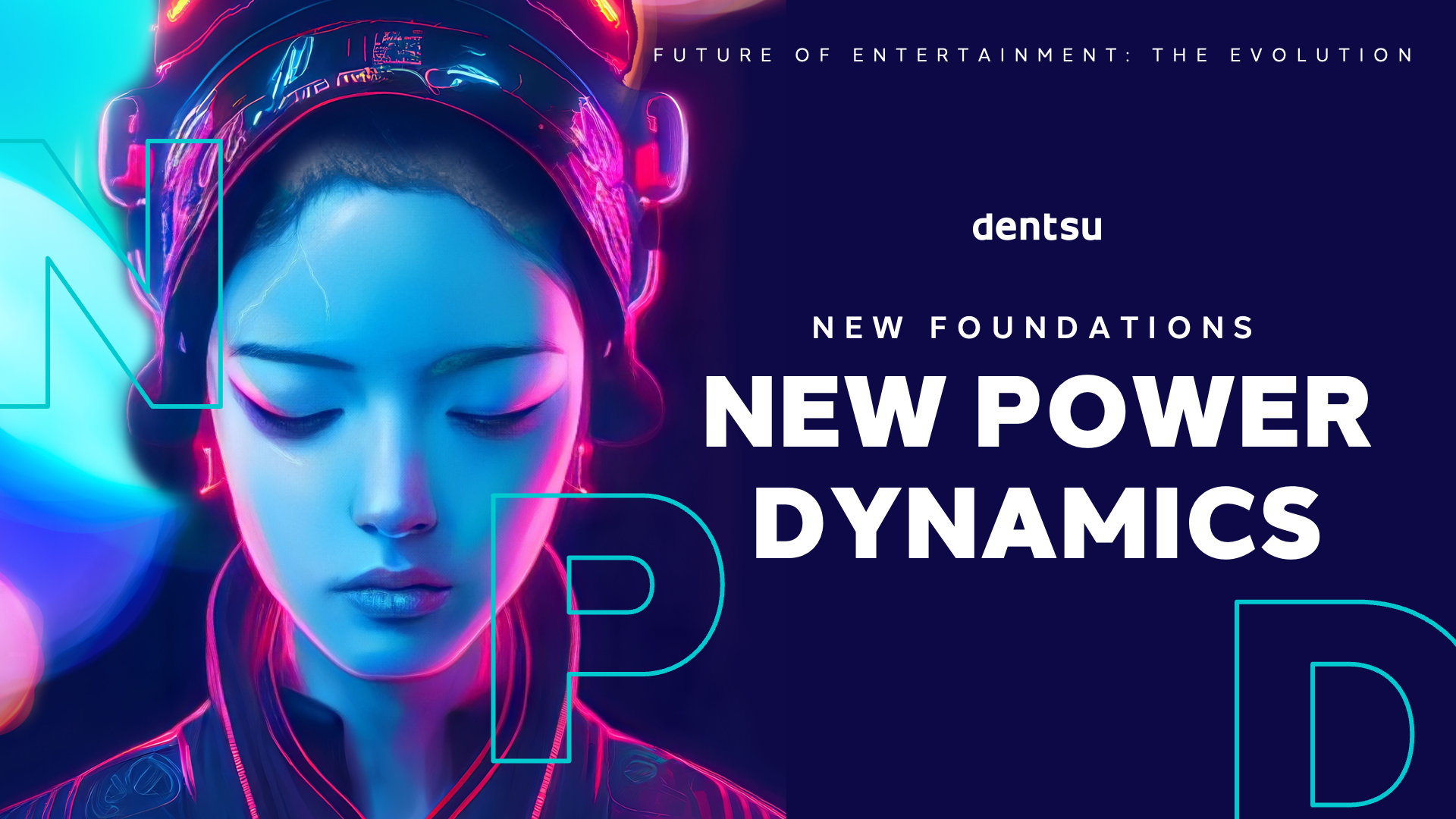
New Power Dynamics
These new power dynamics rise out of simultaneity of audiences' desire for control over data, increased consciousness of the value of their data and the tools to trade it for the rewards they desire. Decentralised tech and platforms will create new opportunities for experience rich, dynamic relationships between brands and audiences.
DAOs will enable participants to contribute to the direction of brands and NFTs will be a key component in brand strategies, shaping the future of loyalty programs in the Web3 era.
